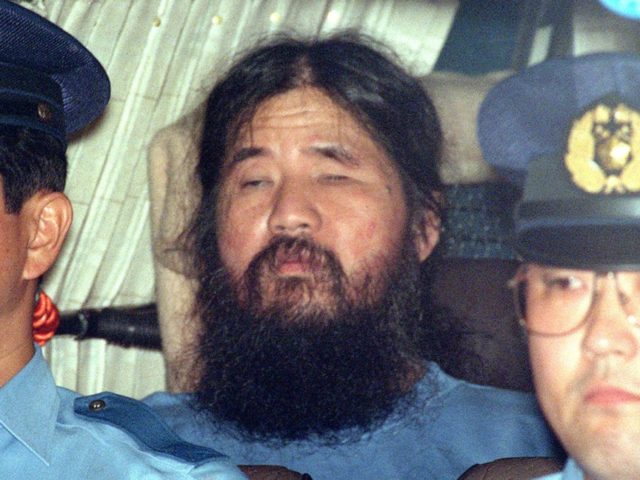AP — The German government has described the death penalty as “inhumane and cruel” after Japan hanged seven members of the doomsday cult that poisoned commuters in a deadly subway attack in 1995.
The government’s human rights envoy, Baerbel Kofler, called the poison gas attack on rush-hour commuters in Tokyo’s subway that killed 13 people and sickened more than 6,000 a “terrible deed.”
But Kofler said “despite the seriousness of this crime the German government stands by its principled rejection of the death penalty as an inhumane and cruel form of punishment” that should be abolished worldwide.
Government spokesman Steffen Seibert told reporters in Berlin on Friday that Germany wants “the unconditional abolition of the death penalty and we convey this position toward friendly states as well.”
2:10 p.m.
Japan’s justice minister says she approved the executions of a cult leader and six of his followers because of the seriousness of their crimes and the pain they inflicted.
The seven death row inmates were hanged Friday for their involvement in several deadly attacks carried out by the doomsday Aum Shinrikyo cult.
Justice Minister Yoko Kamikawa said the death sentences were deserved because the systematically plotted crimes were so heinous and prompted fears of terrorism both in Japan and abroad. She signed the execution order on Tuesday.
The cult’s most notorious crime was the release of sarin gas on Tokyo subways in 1995. The attack killed 13 people and sickened more than 6,000 others.

COMMENTS
Please let us know if you're having issues with commenting.